The Data Is In: Consumers Trust Health Professionals Most
For years, we have talked about the defining principle of Pulse Health & Wellness: Consumers trust their own health professionals most when it comes to nutrition guidance. More than influencers, more than media personalities, more than websites, more than friends & family.
This one fact drives nearly everything we do at Pulse, focusing us on our core goal of educating health professionals about healthy brands and arming them with everything they need to recommend a brand to their patients and clients.
The recently released 2022 Food and Health Survey from the International Food Information Council (IFIC) supports this principle with even more hard data that makes this conclusion undeniable.
When consumers were asked how much they would trust information from a variety of sources about what foods to eat and avoid, the results were striking, but no surprise to us.
Source: IFIC
Among the 1,005 consumers surveyed, a conversation with a registered dietitian and a conversation with their personal healthcare professional were the two most trusted sources of nutrition guidance. In fact, two thirds of respondents rated these conversations as either a “4” or a “5” on a 5-point scale of trust.
Just as when IFIC previously asked this question in 2018, the three most trusted sources for consumers are health professionals, with wellness counselors and health coaches joining registered dietitians and personal healthcare professionals among the most trusted.
And what about other sources of nutrition guidance?
It depends. Levels of trust in scientific studies (51% in top two boxes), government agencies (50%), health-focused websites (49%), and fitness professionals are solid (45%), if not spectacular.
Where it gets most interesting and relevant for marketers of healthy food brands is at the bottom of the list. Social media influencers or bloggers rank dead last, with only 28% of consumers rating them a “4” or “5” on the 5-point trust scale. Food companies (31%), the news media (35%), and doctors/nutritionists on TV or social media (39%) do only marginally better.
Yet, we continue to see CPG brands rely on these channels as their primary means for marketing their healthy brands to consumers. And even those that work to engage with health professionals continue to risk that investment by coupling those efforts with outreach through influencers and bloggers that consumers simply don’t trust.
Health professional marketing and outreach is no longer a “nice to have” in the marketing plans of healthy food brands. The data continues to show that it is essential and the single most trusted way to educate consumers and drive purchase.
